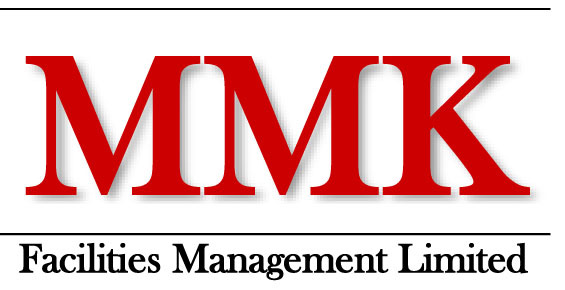Electrical safety is of paramount importance in today’s world. Whether in homes, offices, or industrial settings, the use of electrical appliances is ubiquitous. One vital aspect of maintaining electrical safety is Portable Appliance Testing (PAT Testing), a process that helps prevent electrical accidents and ensures the well-being of individuals and property. In this article, we delve into the question of who can carry out PAT Testing, exploring the qualifications, competence, and options available for both businesses and individuals.
Understanding PAT Testing
Portable Appliance Testing, commonly referred to as PAT Testing, involves the thorough inspection and testing of electrical appliances to ensure their safe operation. This process assesses various factors such as insulation resistance, earth continuity, and polarity, among others. The goal is to identify any potential electrical faults that could lead to hazards such as electric shocks or fires. PAT Testing covers a wide range of appliances, including those with plug tops, extension cords, and equipment with detachable power cords.
Competence and Qualifications
The responsibility of carrying out PAT Testing requires a certain level of competence and understanding of electrical systems. Ideally, individuals who possess formal qualifications or certifications related to electrical safety are well-suited for this task.
Qualified electricians with relevant certifications are a natural fit for PAT Testing. Their in-depth knowledge of electrical systems, coupled with their training in identifying potential risks, makes them competent PAT testers. Additionally, individuals who have undergone specialized training in electrical safety and PAT Testing techniques can also carry out the procedure effectively.
Understanding the different classes of appliances is essential. Appliances are categorized into Class I (earthed appliances) and Class II (double-insulated appliances). A competent PAT tester should be aware of the specific tests and checks required for each class.
Compliance with regulations is non-negotiable. Familiarity with safety standards such as the IET Code of Practice for In-Service Inspection and Testing of Electrical Equipment is crucial. Regulations may vary between different regions, and staying up-to-date with the latest guidelines is essential to ensure accurate and safe testing.
Training and Certification
Formal training plays a pivotal role in becoming a proficient PAT tester. Training programs cover both theoretical knowledge and hands-on practical skills. These programs provide insights into various testing techniques, equipment usage, and interpreting test results.
Several recognized certifications validate the competency of PAT testers. The City & Guilds PAT Testing qualifications are highly regarded within the industry. These certifications authenticate the tester’s ability to conduct tests accurately and efficiently, ensuring compliance with industry standards. Other reputable certifications, such as those offered by NICEIC, provide further validation of a tester’s skills.
Certified professionals offer numerous benefits. Their qualifications provide a sense of assurance to clients that the testing will be conducted with precision. Moreover, having certified PAT testers can enhance the credibility of both individuals and businesses, reinforcing their commitment to safety.
Businesses and In-House Testing
For larger organizations, having an in-house team dedicated to PAT Testing can be advantageous. These teams comprise qualified electricians or individuals who have undergone specialized training. The benefits of in-house testing include quick response times, routine testing scheduling, and tailored assessments based on the organization’s specific needs.
However, for small businesses, outsourcing PAT Testing might be a more practical choice. The cost of training and maintaining an in-house team might outweigh the benefits. Outsourcing to specialized companies allows small businesses to access professional testing services without the burden of additional training and equipment costs.
Hiring Professional PAT Testing Services
Third-party PAT Testing companies offer specialized services to a wide range of clients. These companies possess the expertise, equipment, and experience to carry out thorough and accurate testing. Outsourcing this task to professionals ensures that testing is done efficiently and adheres to industry standards.
When choosing a PAT Testing service provider, certain considerations are vital. Checking the qualifications and certifications of the company and its testers is paramount. A reliable service provider should have up-to-date knowledge of regulations and guidelines. Reading customer reviews and testimonials provides insights into the quality of service offered.
Conclusion
In a world powered by electricity, safety cannot be compromised. Portable Appliance Testing is a crucial step towards preventing electrical accidents and ensuring the well-being of individuals and property. The question of who can carry out PAT Testing boils down to competence, qualifications, and adherence to regulations. Whether it’s qualified electricians, certified professionals, or specialized service providers, the focus must always be on maintaining electrical safety through informed decisions and responsible testing practices. By prioritizing competence and expertise, we can collectively contribute to a safer electrical environment for everyone.
